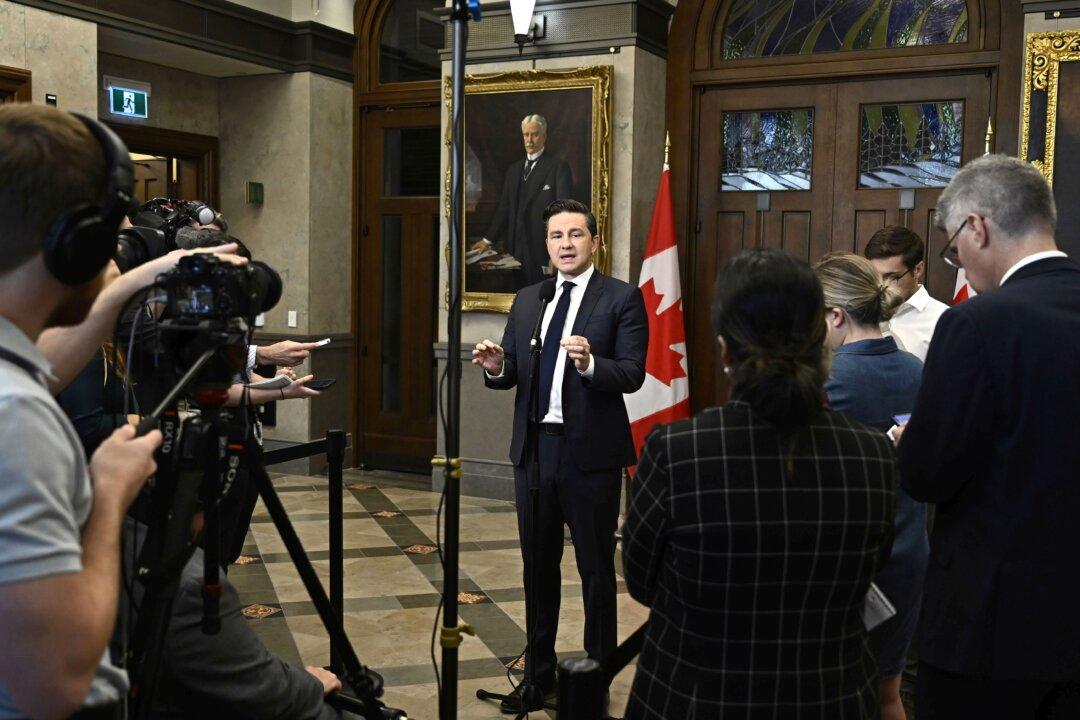Commentary
Pierre Poilievre is the first conservative leader in the modern age to effectively deal with the national mainstream media on his own terms—unapologetically, and unassuming that they intend to be fair with you.

Pierre Poilievre is the first conservative leader in the modern age to effectively deal with the national mainstream media on his own terms—unapologetically, and unassuming that they intend to be fair with you.